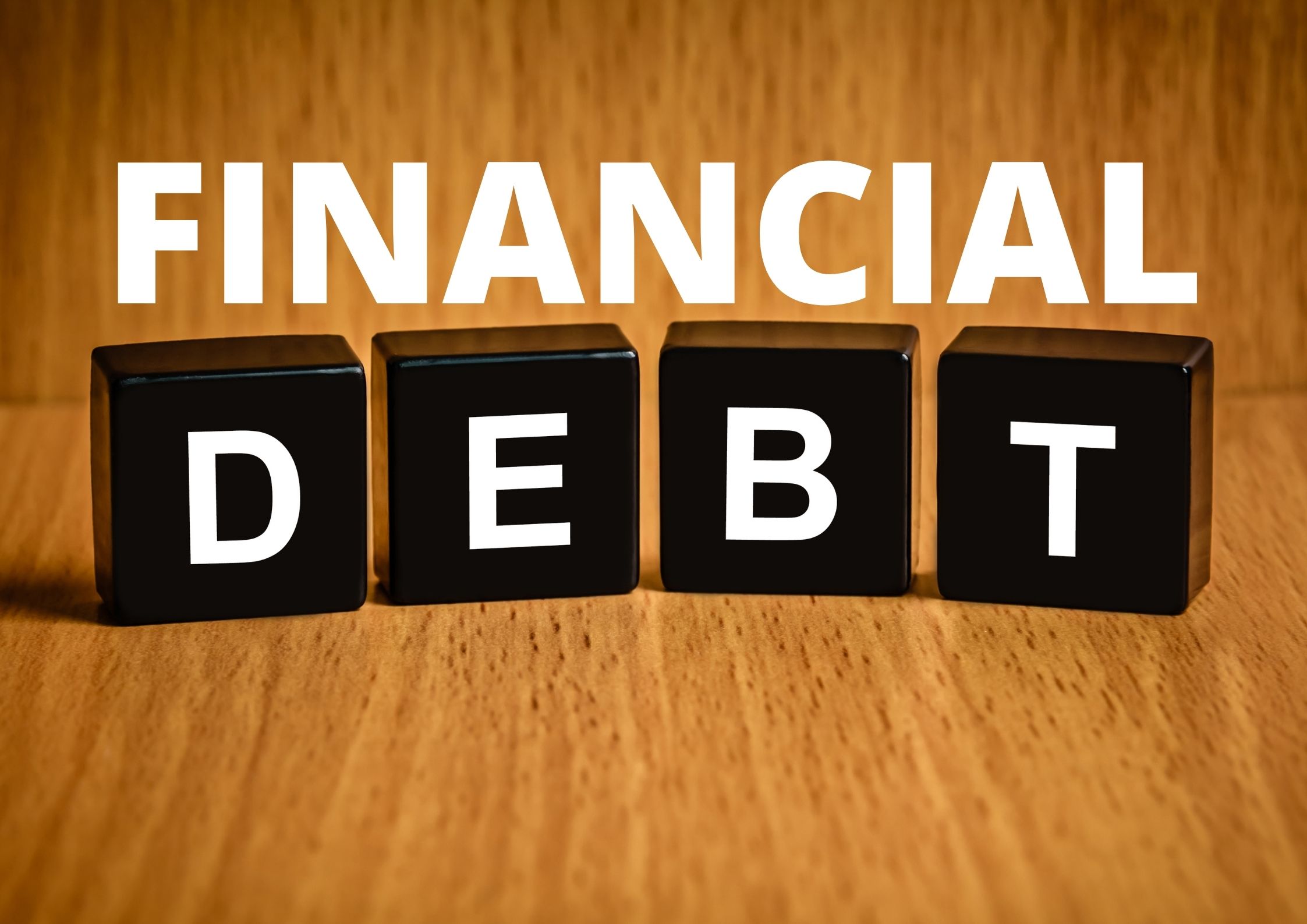Debt can be a double-edged sword. On one hand, it can help you achieve significant milestones, like buying a home or funding education. On the other, it can become a burden, causing stress and financial instability. So, is debt fueling your life in a healthy way, or is it taking control? Let’s delve into the intricacies of debt, its impact on your life, and how to manage it effectively.
Understanding Good vs. Bad Debt
Not all debt is created equal. Understanding the difference between good and bad debt is crucial for managing your finances wisely.
Good Debt: Good debt is an investment in your future. It includes loans that help you acquire assets that appreciate in value or generate income. Examples include:
- Mortgages: Buying a home can be a sound investment, as property values tend to increase over time.
- Student Loans: Investing in education can enhance your earning potential, making it easier to repay the loan.
- Business Loans: Borrowing to start or expand a business can lead to higher profits and long-term success.
Bad Debt: Bad debt typically involves borrowing for things that don’t increase in value or generate income. Common examples include:
- Credit Card Debt: High-interest credit card debt can spiral out of control, especially if used for everyday expenses or non-essential items.
- Car Loans: Cars depreciate quickly, and financing a new vehicle can lead to negative equity.
- Personal Loans for Luxuries: Borrowing for vacations, luxury items, or other non-essential expenses can strain your finances.
Signs Debt Is Fueling Your Life Unhealthily
It’s essential to recognize the signs that debt might be taking over your life. Here are some red flags to watch out for:
- Living Paycheck to Paycheck: If a significant portion of your income goes towards debt payments, leaving little for savings or discretionary spending, debt might be controlling your finances.
- Relying on Credit Cards: Using credit cards for daily expenses and struggling to pay off the balance each month is a clear sign of financial strain.
- High Debt-to-Income Ratio: A high ratio indicates that a large portion of your income is dedicated to debt repayment, limiting your financial flexibility.
- Missing Payments: Missing or delaying payments due to insufficient funds can damage your credit score and lead to higher interest rates.
- Constant Stress: If debt causes you constant worry or stress, it’s impacting your mental and emotional well-being.
Strategies to Manage and Reduce Debt
Taking control of your debt is crucial for financial health and peace of mind. Here are some effective strategies to help you manage and reduce debt:
Create a Budget: A budget helps you track your income and expenses, allowing you to identify areas where you can cut back. Allocate funds for essential expenses, debt repayment, and savings. Stick to your budget to avoid unnecessary spending.
Prioritize Debt Repayment: Focus on paying off high-interest debt first, such as credit card balances. This strategy, known as the avalanche method, minimizes the amount of interest you pay over time. Alternatively, the snowball method involves paying off smaller debts first, providing a sense of accomplishment and motivation.
Consolidate Debt: Consider consolidating multiple high-interest debts into a single, lower-interest loan. This can simplify your payments and reduce the overall interest you pay.
Negotiate with Creditors: Don’t hesitate to contact your creditors to negotiate better terms. They may offer lower interest rates, extended payment plans, or even settlement options.
Increase Your Income: Look for ways to boost your income, such as taking on a side job, freelancing, or selling unused items. Use the extra money to pay down your debt faster.
Build an Emergency Fund: Having an emergency fund can prevent you from relying on credit cards or loans for unexpected expenses. Aim to save three to six months’ worth of living expenses.
Seek Professional Help: If you’re overwhelmed by debt, consider consulting a financial advisor or credit counselor. They can provide personalized advice and help you develop a debt management plan.
Living a Debt-Free Life
While some debt can be beneficial, the ultimate goal is to achieve financial freedom and live a debt-free life. Here are some tips to help you maintain a healthy financial lifestyle:
Live Within Your Means: Avoid lifestyle inflation by keeping your expenses in line with your income. Resist the urge to splurge on non-essential items or upgrade your lifestyle unnecessarily.
Save and Invest Regularly: Prioritize saving and investing to build wealth over time. Automate your savings to ensure consistency and take advantage of compound interest.
Educate Yourself: Continuously educate yourself about personal finance. Read books, attend seminars, and follow financial blogs to stay informed and make better financial decisions.
Conclusion
Debt can either fuel your life positively or become a significant burden. By understanding the difference between good and bad debt, recognizing the signs of unhealthy debt, and implementing effective management strategies, you can take control of your finances. Strive for a balanced approach, prioritize financial health, and work towards a debt-free future. Remember, the goal is not just to manage debt but to achieve financial freedom and peace of mind.





 GOOGL
GOOGL  META
META
Leave a Comment